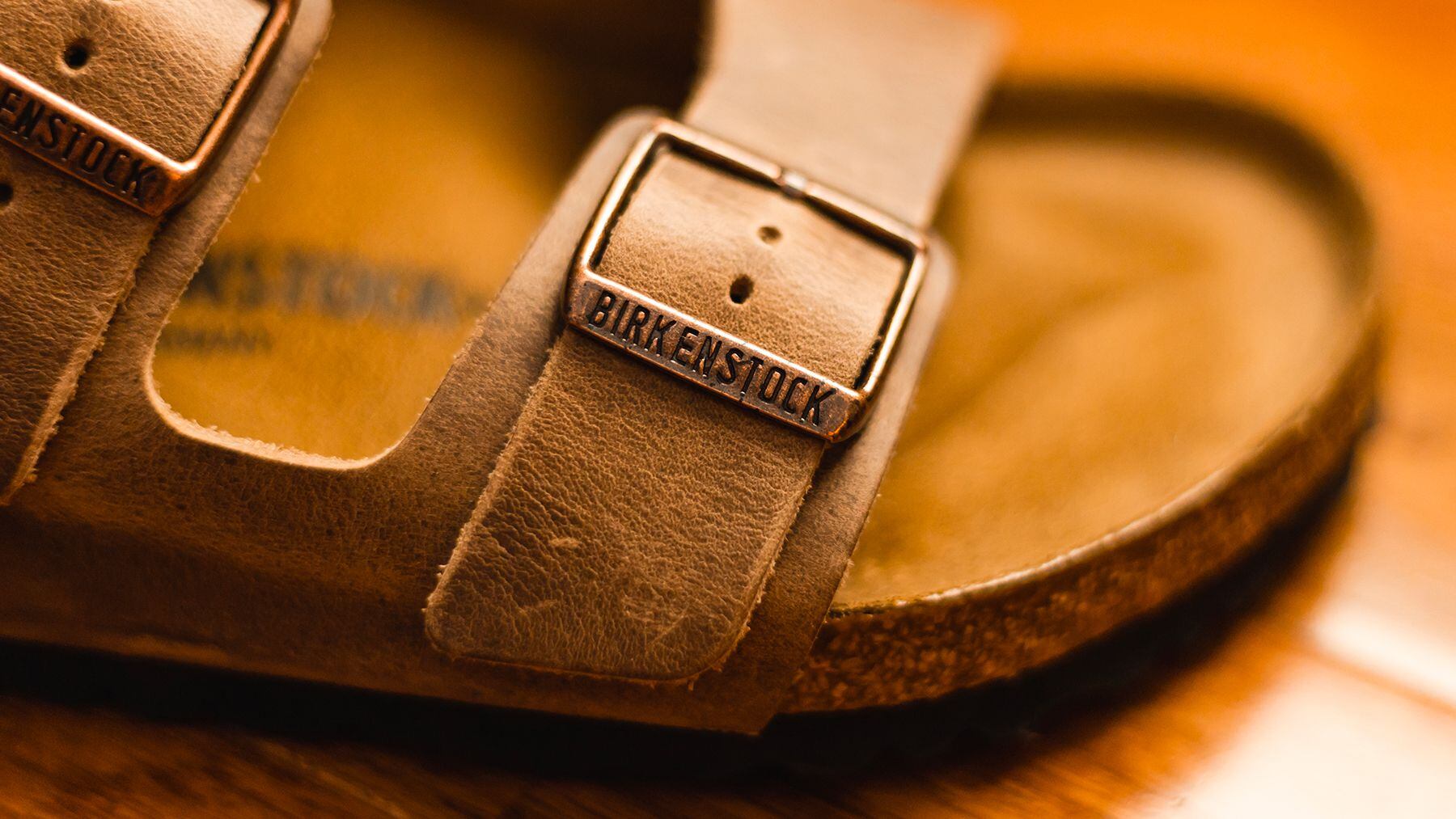
Birkenstock Holding Plc’s earnings beat analysts’ estimates as consumers snapped up its high-end sandals and clogs while other casual footwear makers struggled.
Adjusted earnings were €81 million ($88 million) before interest, taxes, depreciation and amortisation in the quarter ending in December, the company said Thursday in a statement. That compared with the €75.5 million average estimate.
Since Birkenstock’s initial public offering in October, chief executive officer Oliver Reichert has tried to convince investors that the company can maintain its decade-long hot streak by staying fashionable, expanding its production capacity in Germany and Portugal and targeting previously untapped countries like China and India.
The results “once again demonstrate the resilience of our business model and the strong sustained demand for our products,” Reichert said in the statement.
Birkenstock affirmed its 2024 guidance and mid-term goals of booking a gross profit margin of more than 60 percent and adjusted Ebitda margin percentage in the low 30s.
While sneaker brands including Nike Inc. and Puma SE have raised doubts about consumer spending, Birkenstock has argued that there’s an opportunity to win over new fans.
Revenue in the quarter reached €303 million, higher than the €285 million average estimate, with sales growing at double-digit rates in the Americas, Europe and Asia, the company said.
Traditionally a maker of no-frills sandals, Birkenstock has ratcheted up its offering of higher-end footwear and closed-toe products in recent years, including the Bend sneaker, the Highwood boots and more clogs with shearling. Those products command higher prices, helping Birkenstock boost profits and appeal to a wider array of customers.
While Birkenstock attracted attention from designers as far back as the 1980s, the company has come to embrace the fashion world over the last decade or so, launching collaborations with luxury names such as Dior, Manolo Blahnik and Rick Owens.
That’s coincided with a push to build out its digital sales channels, reducing its reliance on retail partners, and expand its network of factories, including a new plant in Pasewalk, Germany, that has cost more than €100 million.
The investments in the Pasewalk site, and another in Portugal, are weighing on profitability for now, but will be a long-term growth driver, according to the company.
After initially flopping in their trading debut, Birkenstock shares have since climbed about 11 percent above its listing price.
By Tim Loh
Learn more:
Birkenstock Slumps as Forecast Disappoints Some Investors
The stock slid 12 percent in trading before US exchanges opened. If the drop extends into trading hours, it could erase the gains made since the company’s initial public offering in October.


